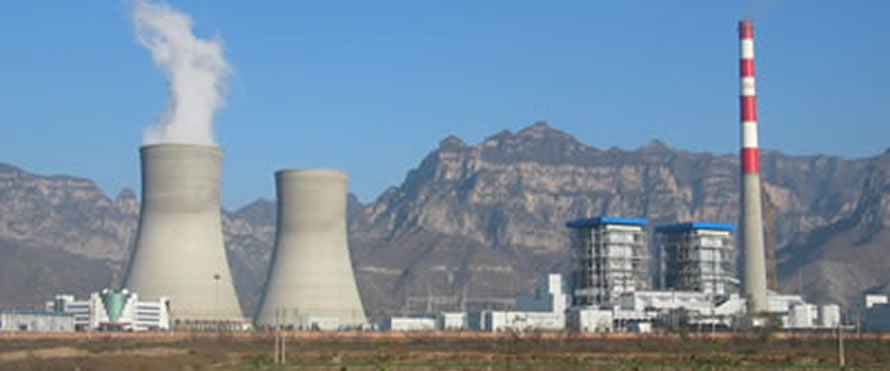
The Sunday News

 Nqobizitha Dhlamini Business Reporter
Nqobizitha Dhlamini Business Reporter
DEDICATED power supply to mines is too expensive at 13 cents per kilowatt hour, resultantly forcing mining companies to opt for normal supply at eight cents per kilowatt hour which is subject to frequent load shedding, the Chamber of Mines has said.Large mining companies approached power utility company, Zesa to negotiate for dedicated power as a way of dealing with power cuts that are affecting productivity.
However, the Chamber of Mines said the charges were too high resulting in many of them opting out of the deal.
Chamber of Mines chief executive officer Mr Isaac Kwesu, said the alternative agreement was beyond the reach of many companies.
“To ensure guaranteed electricity, companies reached an agreement which is expensive compared to the normal tariffs.
Companies will be forking out 13 cents per kilowatt compared to the normal eight cents per kilowatt hence this is relatively high for most companies as they cannot afford to pay these high tariffs hence opting for the normal one which affects productivity,” he said.
He said power was among the factors that resulted in the sector failing to beat last year’s target of 15 tonnes of gold set by the Government.
“Last year the target of 15 tonnes that was set by the Government could not be reached as some companies opted out due to power challenges. The country, however, managed to surpass the 10 tonnes last year required for its re-entry into the London Bullion Marketing Association and is now renegotiating its entry into the world’s largest yellow metal trading centre. In mining, energy is key hence its shortage has major negative consequences on production,” he said.
Mr Kwesu said it was difficult for companies to venture into new projects because of the power deficit and charges.
“The ratio of the supply and demand of the power is not enough for the companies to have smooth production without the possible hiccups of power cuts,” he said.
Zesa has continuously maintained that it needed new investments to enable adequate supply of power.
Mr Kwesu added that mining companies were trying to map a way of coming up with a solution to the power problem.
“As a chamber we are engaging the Government to find a solution to this problem. We hope that together, we will come up with a plan that will help control this problem thus helping the economy,” he said.
Zimbabwe produces over 40 different types of metals and minerals and approximately 40 percent of Zimbabwe’s foreign exchange is derived from the export of metals, minerals and mineral-related products. From 2009 to 2012, the mining sector grew by an average of 35 percent but growth has slowed due to a number of challenges.
The sector accounts for an average 22 percent of Gross Domestic Product, contributes over $1,9 billion in export receipts or 52 percent of total exports, employs over 45 000 people and generates over US$450 million in fiscal revenues.
Apart from its contribution to exports, the mining industry plays an important role in providing essential mineral-based raw materials to the local manufacturing industry which is recovering from the verge of collapse.



